|
|
|
|
|
 «Beneath the Flames» by Brian Buch is a five movement work for chorus and orchestra based on the poetry of Taras Shevchenko and the folk music of Ukraine. Dedicated to the people and country of Ukraine, who have had to endure unimaginable hardships since the Russian invasion of their country. This is a recording of the premiere from Lviv on March 14th, 2024 by the KLK Symphony Orchestra under the direction of Ferdinando Nazzaro. «Beneath the Flames» by Brian Buch is a five movement work for chorus and orchestra based on the poetry of Taras Shevchenko and the folk music of Ukraine. Dedicated to the people and country of Ukraine, who have had to endure unimaginable hardships since the Russian invasion of their country. This is a recording of the premiere from Lviv on March 14th, 2024 by the KLK Symphony Orchestra under the direction of Ferdinando Nazzaro.
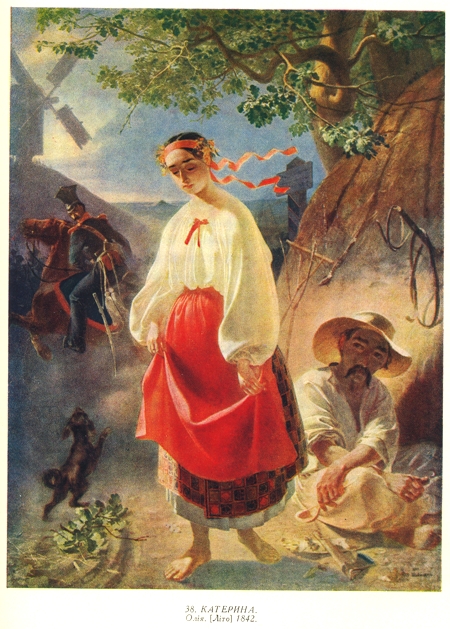 Taras Shevchenko wrote "Katerina" in 1838, in St. Petersburg, when he was 24 years old. It was in the same year that he was bought out of serfdom from Baron Englehardt by a group of St. Petersburg artists and intellectuals. This poem is dedicated to the Russian writer Zhukovsky, who posed for Karl Bryullov, the leading artist of the time. The portrait was sold for 2,500 rubles, to raise the purchase price of Taras Shevchenko’s freedom. The poem “Katerina” was first printed in the 1840 edition of “Kobzar”, and many of the passages were censored. In it, Shevchenko brings out the life of the serfs of that period, the status of women, and expresses his hatred of the tsarist regime which kept Ukraine in bondage. Taras Shevchenko wrote "Katerina" in 1838, in St. Petersburg, when he was 24 years old. It was in the same year that he was bought out of serfdom from Baron Englehardt by a group of St. Petersburg artists and intellectuals. This poem is dedicated to the Russian writer Zhukovsky, who posed for Karl Bryullov, the leading artist of the time. The portrait was sold for 2,500 rubles, to raise the purchase price of Taras Shevchenko’s freedom. The poem “Katerina” was first printed in the 1840 edition of “Kobzar”, and many of the passages were censored. In it, Shevchenko brings out the life of the serfs of that period, the status of women, and expresses his hatred of the tsarist regime which kept Ukraine in bondage.
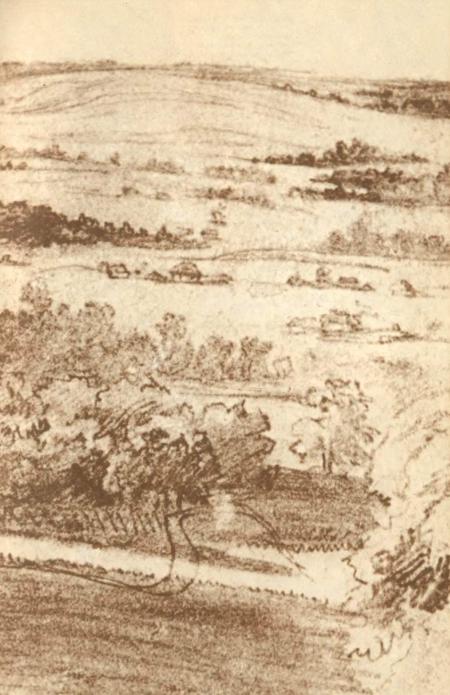 Taras Shevchenko, poem "A Dream" Taras Shevchenko, poem "A Dream"
"Son" / "U vsiakoho svoia dolia"
("Сон" / "У всякого своя доля")
1844, S.- Petersburg (С.- Петербург)
Translated by John Weir
Poem of Taras Shevchenko
"I shyrokuiu dolynu"
("І широкую долину")
1848, Kos-Aral, (Косарал)
Poem of Taras Shevchenko
"Mynajutj dni, mynajutj nochi"
("Минають дні, минають ночі")
1845, V’yunyshcha, (В'юнище)
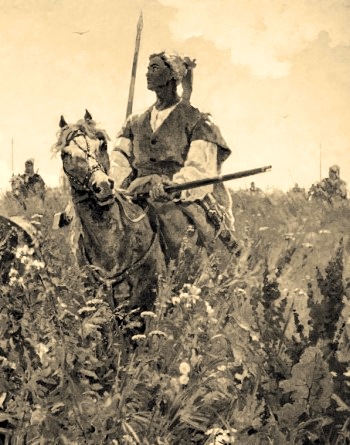 Taras Shevchenko, "Don't Wed" Taras Shevchenko, "Don't Wed"
"Ne zhenysia na bahatii"
("Не женися на багатій")
1845, Myrhorod (Миргород)
Translated by John Weir
Poem of Taras Shevchenko
"I nebo nevmyte, i zaspani khvyli"
("І небо невмите, і заспані хвилі")
1848, Kos-Aral, (Косарал)
Taras Shevchenko's poem
Tsykl "V kazemati": "Evening" / "Sadok vyshnevyi kolo khaty"
(Цикл "В казематі": "Вечір" / "Садок вишневий коло хати")
1847, St. Petersburg, In the Fortress.
(С. - Петербург)
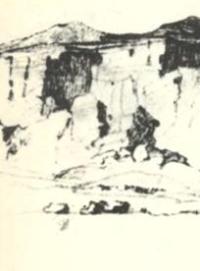 Taras Shevchenko Taras Shevchenko
"Hamaliya" / "Oh, the winds are mute, the tides do not carry"
("Гамалія" / "Ой нема, нема ні вітру, ні хвилі")
1842.
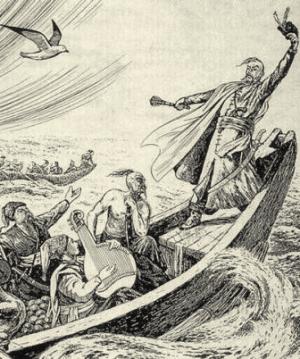 Taras Shevchenko's poem Taras Shevchenko's poem
"Hamaliya"
("Гамалія")
1842, on the way to Stockholm.
Poem of Taras Shevchenko
Tsykl "V kazemati": "Meni odnakovo, chy budu"
(Цикл "В казематі": "Мені однаково, чи буду")
1847, St. Petersburg, In the Fortress
(С. - Петербург)
 Taras Shevchenko Taras Shevchenko
"Катерина", поема / "Кохайтеся, чорнобриві"
"Kateryna", poema / "Kokhaytesya, chornobryvi"
St. Petersburg, 1838
Translated by John Weir
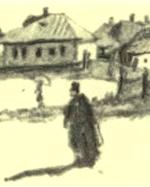 Taras Shevchenko Taras Shevchenko
"O my thoughts, my heartfelt thoughts"
"Dumy moji, dumy moji, / Lykho meni z vamy!"
("Думи мої, думи мої, / Лихо мені з вами!")
1840, St.- Petersburg (C.- Петербург)
Translated by Vera Rich
Poem of Taras Shevchenko
"Oy dibrovo - temnyy hayu!"
("Ой діброво - темний гаю!")
1860, St. Petersburg, (С. - Петербург)
Taras Shevchenko's poem
"I znov meni ne pryvezla"
("І знов мені не привезла")
1848, Kos-Aral, (Косарал)
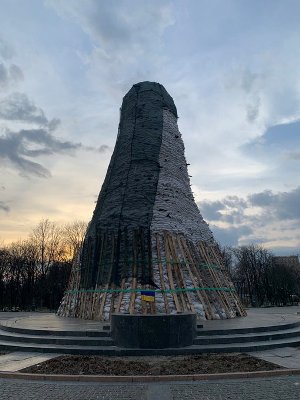
"sands of time run out
and yet they gather sandbags
to protect their poet:
he once shored up their language
against winds of destruction"
(Gabriel Rosenstock)
Poem of Taras Shevchenko
"Chy ne pokynut' nam, neboho"
("Чи не покинуть нам, небого")
1861, St. Petersburg, (С. - Петербург)
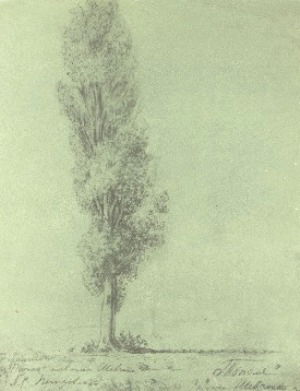
Taras Shevchenko's poem, "Silver Poplar"
(Maiden's song from "Topolya")
"Topolya" / "Po dibrovi viter vyje"
("Тополя" / "По діброві вітер виє")
1839 р., S.- Peterburgh (С.- Петербург)
Translated by John Weir
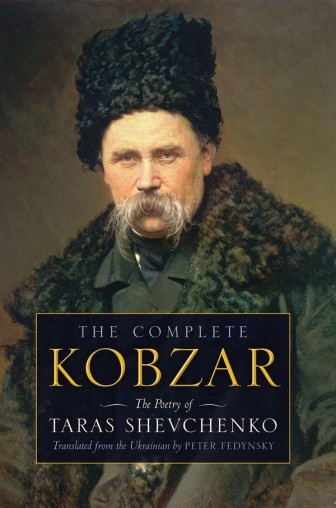 Upon learning of the English-language publication of “The Complete Kobzar” by Peter Fedynsky, one could reasonably ask: do we really need another English language translation of Shevchenko’s poems? The answer is a resounding yes! For two reasons. The first is that this is the first English translation of the “Kobzar” in its entirety. The second reason is articulated by Prof. Michael M. Naydan in his introduction (“A Kobzar for a New Millennium”) to the book: “to convey the poet’s verse in a modern English idiom that could be easily understood by readers of today.” Upon learning of the English-language publication of “The Complete Kobzar” by Peter Fedynsky, one could reasonably ask: do we really need another English language translation of Shevchenko’s poems? The answer is a resounding yes! For two reasons. The first is that this is the first English translation of the “Kobzar” in its entirety. The second reason is articulated by Prof. Michael M. Naydan in his introduction (“A Kobzar for a New Millennium”) to the book: “to convey the poet’s verse in a modern English idiom that could be easily understood by readers of today.”
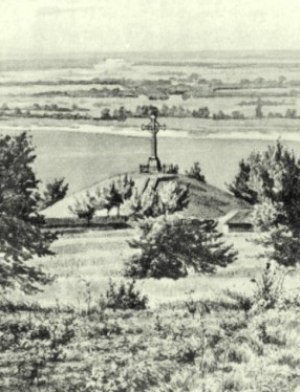 Taras Shevchenko, "Testament" Taras Shevchenko, "Testament"
"Zapovit" / "Iak umru to pokhovaite"
("Заповіт" / "Як умру, то поховайте"),
1845, Pereiaslav (Переяслав)
Translated by Alexander J. Motyl
Related tags:
|
|
|
|
|
|